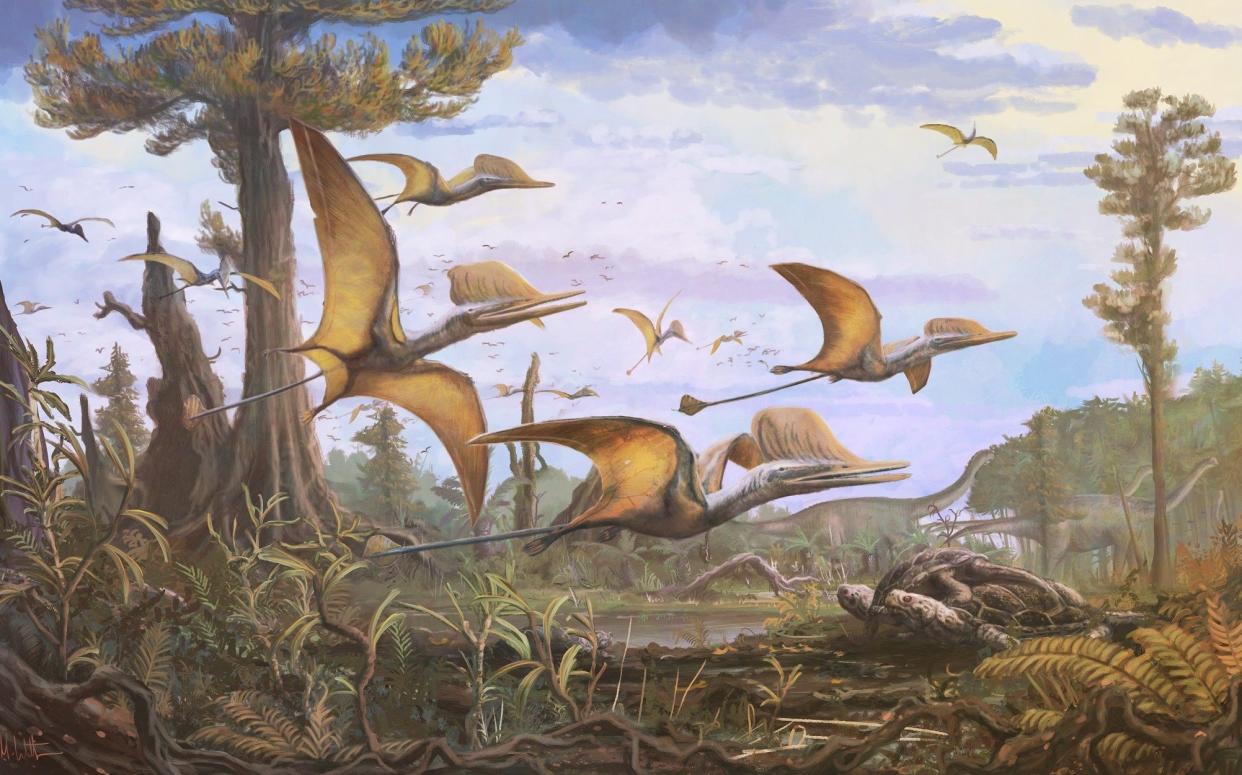Guru seems particularly interested in the Supreme Court review of a case brought before the Court about Oregon’s Grants Pass lawsuit claiming it can fine homeless people sleeping on public land. His interest isn’t so much the person-to-person perspective but, typical of Guru, he sees a philosophical issue that cannot be resolved. Generally explained, it is the conflict between a citizen’s right not to be punished for something that is not their fault or cannot be resolved by the citizen personally versus the rights implied by zoning (public land) and regulatory privileges associated with privately owned property (NIMBY and several industrial interests).
The two principles at stake are (a) the status of a person, that is, the person’s actual situation interpreted by various laws and lawsuits and (b) the given human rights granted by the Constitution. What brings the issue to the Supreme Court is the overall circumstances caused by housing shortages, inadequate retirement accountability and, philosophically, the difference between capitalism and socialism.
Capitalism is nature’s law of supply and demand: if there’s enough to go around, then all the creatures are content. If resources shorten and become unsustainable, nature requires the creatures to migrate to better pastures or, dwindle in body count commensurate with resources.
Socialism is a human behavior largely mandated by necessary conditions (potato famine) and articulated by philosophers during the Age of Enlightenment.
When North and South America were discovered and had unbelievable resources never imagined by Europe, nature’s capitalism exploded, branding the United States as the most capitalistic nation in the world. Over time, as population increased, as natural resources were abused or over-indulged, the situation arose that there were no longer enough resources to allow for all men to be ‘equal’. To avoid recounting the history of the US in a massive tome, it is simple to say that capitalism doesn’t seem to work as well as it did in the beginning when every creature had all they needed.
Unable to migrate in the natural sense, people (and other creatures) moved to locations that at least sustained a minimal survival. And economically unable to reproduce natural resources as humans have learned to do in recent decades, particularly housing and its amenities, a new class emerged called ‘the homeless’.
So, in Guru’s mind, at the core, is the US capitalistic or socialistic? Can ever the twain collaborate as folks did during the potato famine?
The Supreme Court knows.
Ancient Mariner


